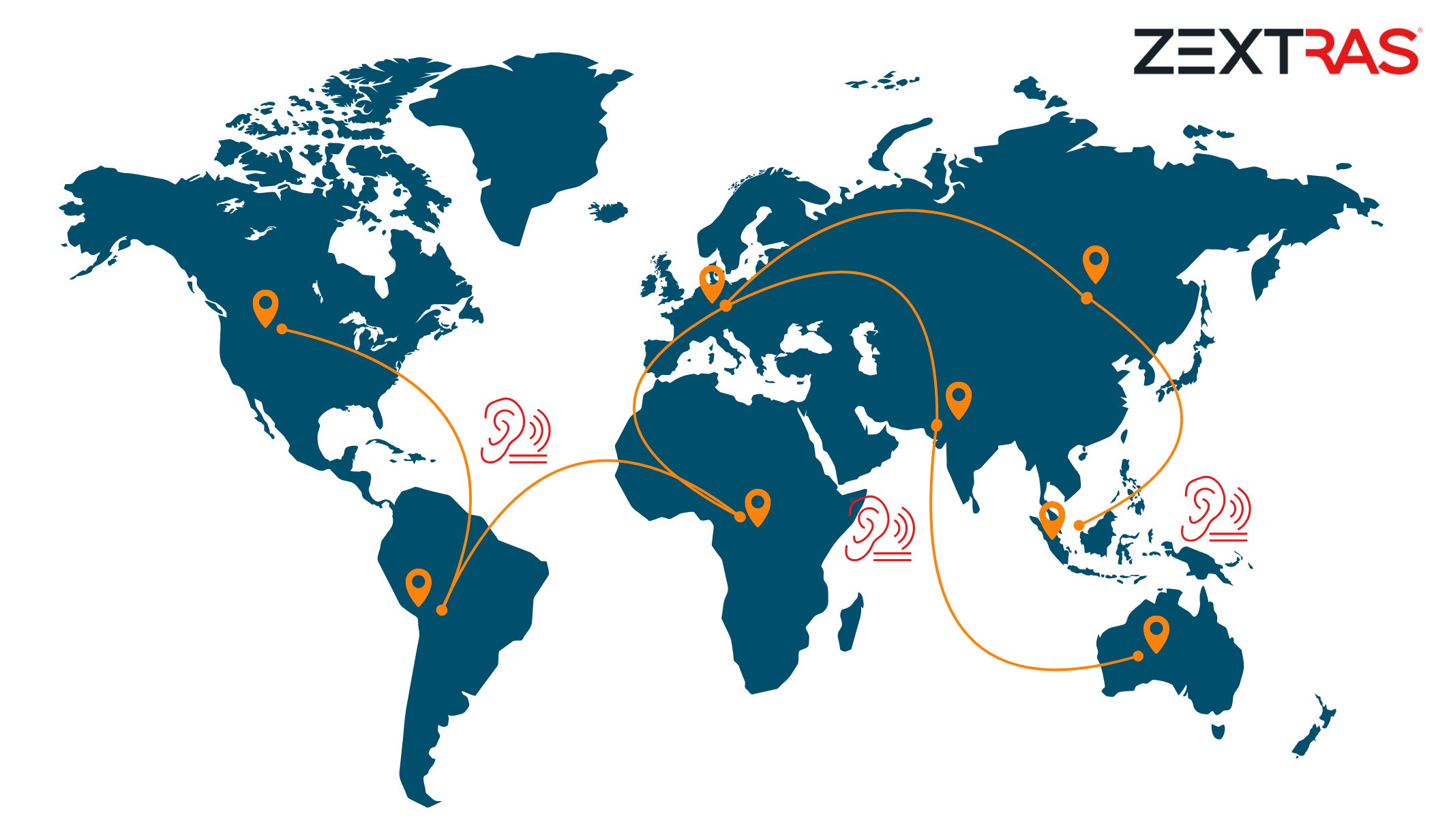Sarah, like many people, depends on various online services daily. When she learns her personal data was shared without her consent, she feels betrayed and vulnerable. Research shows that 73% of consumers would switch providers for better privacy.
Today, protecting privacy goes beyond legal obligations—it’s about doing what’s right. Organizations handling personal data have a responsibility to treat individuals fairly and respectfully. Privacy ethics means prioritizing people’s rights and dignity, not just meeting minimum laws.
So, would you trust a company that barely follows the rules, or one that truly values and safeguards your privacy?
Why Privacy Ethics Are Important
The complexity of data ecosystems now encompasses more than just privacy issues, extending beyond unintentional leaks or cyberattacks. There are moral questions at every step, such as how the data is collected, what it will be used for, and whether or not people really control it. Privacy ethics may help companies make choices that promote trust, minimize risk, and make the digital world safer.
Following ethical privacy rules is also beneficial for business. Companies that value privacy tend to have more loyal customers, better reputations, and a lower chance of breaching the law. Not respecting privacy standards, on the other hand, can get you in trouble with the law, cost you money, and hurt your reputation.

The Three Pillars of Privacy Ethics
Ethical email privacy isn’t just about legal compliance—it’s about doing right by your customers. A strong framework combines three key ethical approaches:
- De-ontological Ethics — Do the right thing regardless of cost. Encrypt emails because people deserve protection, not simply because laws require it.
- Utilitarian Ethics — Balance privacy with operational needs by finding the sweet spot between usability and security.
- Virtue Ethics — Make privacy part of your organizational DNA, strengthening trust before any breach occurs.
These principles are embodied in Helen Nissenbaum’s Contextual Integrity framework, which guides modern privacy-conscious system design.
Where Law and Morality Meet
Laws provide the bare minimum, but ethics urge businesses to do more. Different places and countries have their privacy laws, and each one has its own rules.
| Region / Country | Regulation | Scope & Focus |
|---|---|---|
| European Union | GDPR | Comprehensive data protection and rights |
| Singapore | PDPA | Personal Data Protection Act |
| India | DPDP | Digital Personal Data Protection Act |
| Switzerland | FADP | Federal Act on Data Protection |
| Brazil | LGPD | General Data Protection Law |
| California, USA | CPRA | California Privacy Rights Act |
By understanding and respecting these frameworks, businesses can build privacy strategies that comply globally while honoring ethical standards.
Settings for Email Privacy That Matter
Companies that care about privacy should at the very least put in place standards to secure email data and develop trust. This means encrypting emails while they are being sent (using TLS without fallback) and stored, using role-based access controls with multi-factor authentication, keeping audit logs that can’t be changed for accountability, following the law when it comes to automated retention and deletion policies, and giving users self-service privacy portals that let them manage their data.
Businesses that use email & collaboration services, especially self-hosted or open-source ones, need to keep their information private. By storing and securing internal communications, the organization can keep sensitive material safe, stop people who aren’t supposed to see it from getting to it, and respect national and international laws.
You show that you care about privacy and develop trust by having clear privacy policies, role-based access controls, and end-to-end encryption.
How to Do Well with Privacy Ethics
Adopting privacy principles isn’t only about avoiding difficulty; it’s also about making a statement. Companies that value privacy get new customers who care about privacy, keep their present customers, and readily adapt to new legislation.
By being responsible and following the law, businesses may build a culture of privacy that is healthy for both the business and its consumers. Read more about privacy first approach in this article.
